
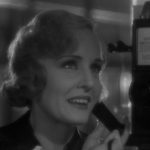 |
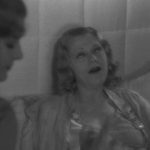 |
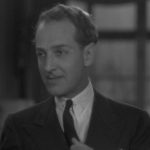 |
| Letty Madge Evans |
Mrs. Sherwood Alice Brady |
Sherwood Otto Kruger |
 |
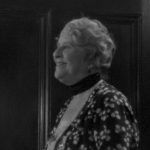 |
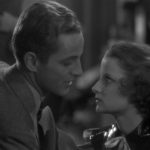 |
| Carol Una Merkel |
Mrs. Merrick May Robson |
Burt Barton Phillips Holmes |
| Released by MGM Directed by Richard Boleslavsky Run time: 86 minutes |
||
Proof That It’s a Pre-Code Film
- “You know how divorces are.”
“I’ve never been married.”
“Not even once?!”
- “They’re expecting a stork in November”
[Counts on fingers] “November? … My this is a rapid age.”
- “You don’t tell me she has to sit on my husband’s lap to take dictation!”
- A man arrived home missing his undershirt and he explains, “My dear, I left it in the taxi cab.” And she believed it!
- “Naturally, I swore that I loved him!”
“At the point of a pistol, I’d go further than that”
- “And I said I wouldn’t think of marrying him until I’d saved up enough money for a divorce!”
- Una Merkel ‘stayed the night with a friend’.
- While we’re often chatting about bright young starlets stripping down to their skivvies, it has to be noted that Alice Brady’s negligee is working hard here as well.
- There’s a scene in a woman’s locker room, since you pretty much have to have those in this kind of movie.
- Merkel’s beau gives her a skimpy negligee for a cruise trip. “If we get shipwrecked, I hope it’s at night. With this on, the whole crew would be fighting to save me!”
- One scene late in the film shows a woman complaining, “She and I are the best of friends, but she has such silly old fashioned ideas about her husband!” This line and delivery struck me as implying… something… possibly homoerotic. But I may be stretching.
Beauty for Sale: Love Don’t Cost a Thing
“Well, the soup’s hot in New York, kid. You’re likely to get burned.”
A fun and saucy kind of film, Richard Boleslavsky’s Beauty for Sale is an interesting statement piece on female survival and success in the early 1930s. The film has three different plot lines, each representing a different kind of dashing fantasy a working woman may encounter in the big city, while also offering the sobering dangers amidst the glittering thrills.
Madge Evans plays Letty, a small town girl eager to make it. She lives in Mrs. Merrick’s (Robson) boarding house, with Merrick’s son Bill (Edward J. Nugent) and daughter Carol (Merkel). Bill, who is a fan of bad jokes and lazing about, pursues Letty relentlessly, but it’s Carol’s career as a beauty consultant that captures Letty’s imagination.
The shop itself, overseen by the firm Sonia Barton (Hedda Hopper), functions as a place the high class women of New York can swap dirty stories and keep spruced up for their wealthy husbands. For those who can’t or won’t keep their husbands’ interest, that’s where the beauticians have room to swoop in.
Letty gets her hat savaged by a Pekinese and meets handsome lawyer Sherwood (Kruger) while his wife (Brady) lounges in the other room. Brady is a bit of an airhead, a firm believer in numerology even though she can’t add. Sherwood, however, is debonair and sweet, happy to spend time with Letty who has a solid head on her head. However, Bill continues his possessive pursuit while Letty and Sherwood’s affair bumps against an expected roadblock.
While Letty is the main focus of the film, the love lives of fellow beauticians Carol and Jane (Florine McKinney) also figure in centrally to the plot. Merkel’s Carol ensnares a rich husband and uses him to get money and even a free trip to Europe. The fact that Merkel is a comic actress means that she escapes from playing mistress unscathed, the film practically applauding her ingenious melodramatics to keep the codger hooked.
Unfortunately, Jane has less luck as she decides to bunk up with the boss’ son Burt (Holmes), a sly but listless character who, unsurprisingly, impregnates her and runs. Her fate is predictable for the era, but no less harrowing.
Featuring perhaps the two best dispirited replies to a marriage proposal (“You win” vs “Well, why not.”), Beauty for Sale teases at what a common working girl could get with a little bit of luck. Wealth and security are the goals, though a bit of extravagance doesn’t hurt. The movie also points out the problem with, as they say, shitting in your own garden. Burt is such simple phony, and him being the boss’ son makes it all the worse idea to begin an affair with him. Same goes for Bill, the son of Letty’s landlady, who is convenient but not much else.
Bill serves as one of the most interesting characters in the film, a laze-about with no prospects who only his mother seems to love. Bill is petty and jealous under his faked good humor (he’s one of those NotAllMen kinda guys) and utterly invested in his own controlling ideal of masculinity. He tries to be laid back, but he’s lazy. He tries to be good-natured, but he’s obsessed with what Letty does with her body.
One great scene, late in the film, has him berate Letty about the possibility that she’s done something ‘she should be ashamed of’. Evans delivers a magnificent glare and shoots back, “No, Bill, I didn’t do anything I’d be ashamed to tell you.”
This is right around the time that he proposes marriage and Letty reluctantly agrees. She’s about to succumb until she’s sitting in front of the chapel and screams out, “I can’t! I’d kill him or I’d kill myself!”, which is a great bit of honesty. Evans has a lot of charm and verve as Letty just wide-eyed enough to fall into such a dangerous love affair, but canny enough to still play her cards right.
A centerpiece for her comes early in the movie when she runs into Sherwood under a stoop in the pouring rain. And crack of thunder sends her leaping into his arms and her lips dangerously close to his. A beat to readjust and laugh before another boom sends her back into his arms and even closer. The eroticism of the storm and the tension between the two sparkle, creating an indelible moment.
Though a B-picture from MGM, the movie looks fantastic and is filled with beautiful shots. Early close-ups of Una Merkel reveal as much as her later monologues do, and James Wong Howe’s lensing leads the film carefully between its darker moments and more jovial ones.
One thing that really struck me about the film is how similar it is to Three Wise Girls from the year before, though I’m not about to make a value judgement in the arena of early Jean Harlow versus Madge Evans. The similarities are more than just superficial, though, and you can compare how these two posters look for reference:
There’s a lot of similarities, though, surprisingly, the MGM film seems a bit more fast and loose with its lessons. But, hey, they’re both good movies. Watch them both is my suggestion here.
There’s one line in the film– “Smell the roses, but don’t let the thorns prick your finger.”– that successfully sums up the enterprise’s tone. Thanks to Evans’ dreamy optimism, Merkel’s unrelenting wit and the film’s knowing style, Beauty for Sale is a good example of pre-Code escapism, emotional roller coaster and all.
Screen Capture Gallery
Click to enlarge and browse. Please feel free to reuse with credit!
Other Reviews, Trivia, and Links
- Laura of the Miscellaneous Musings called this one ‘engrossing’, noting:
The tone is a bit all over the place, from shocking dramatic moments to almost manic comedy in the last couple scenes, but despite that it works.
- Frank S. Nugent in the New York Times compares this unfavorably with the source material, Beauty by Faith Baldwin, but still says:
On the other hand, the cast works miracles and Richard Boleslavsky, the director, has displayed considerable acumen in assembling his scenes. At times, therefore, one is happily deluded into the feeling that the picture has freshness and a certain originality.
Awards, Accolades & Availability
- This film is available on Amazon through Warner Archive. Thanks to Warner Archive for providing a review copy of this film.
More Pre-Code to Explore
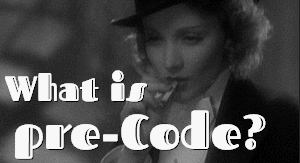

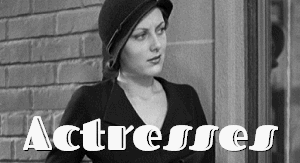
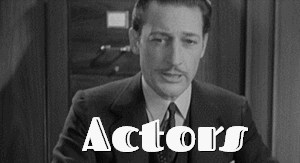
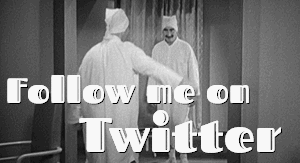
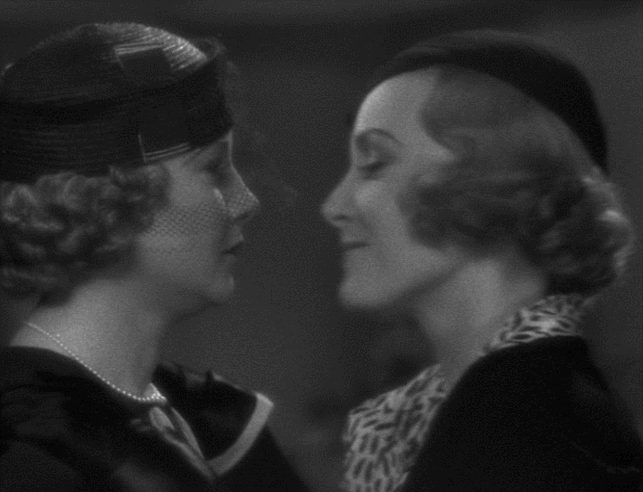
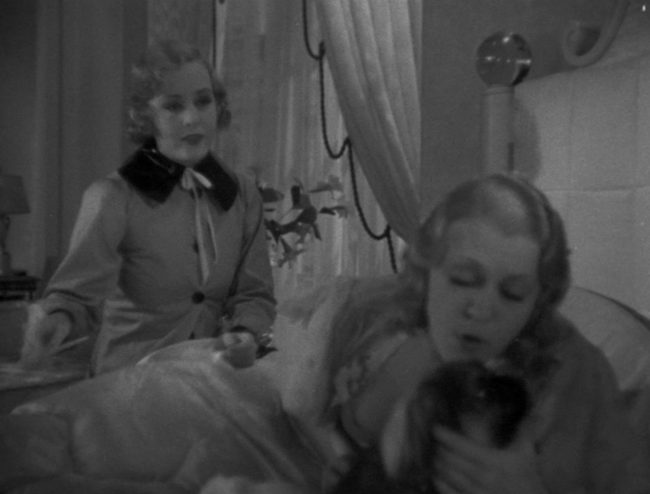
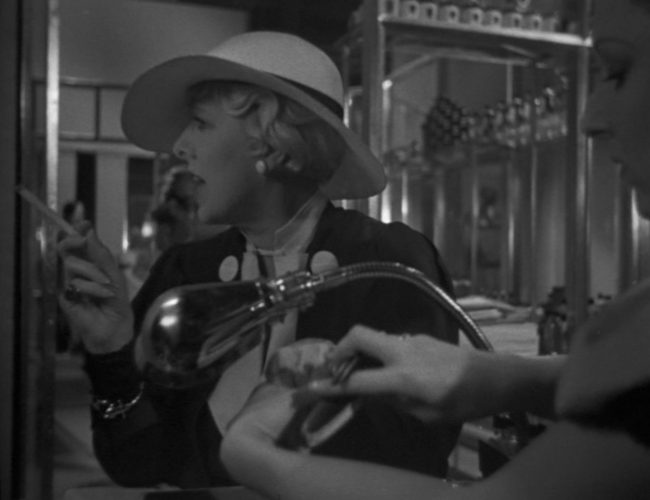
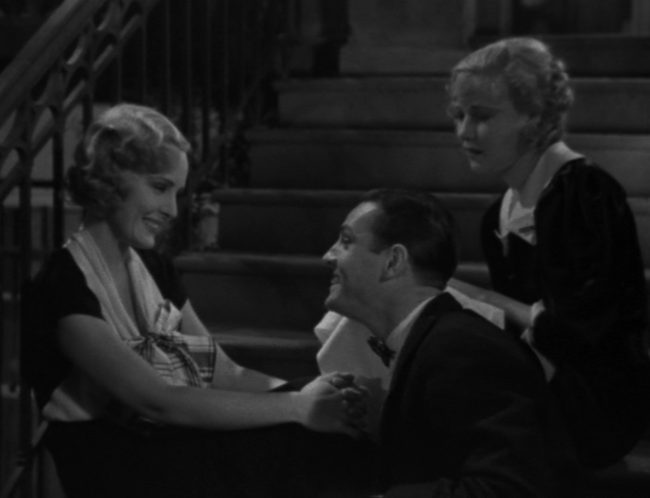
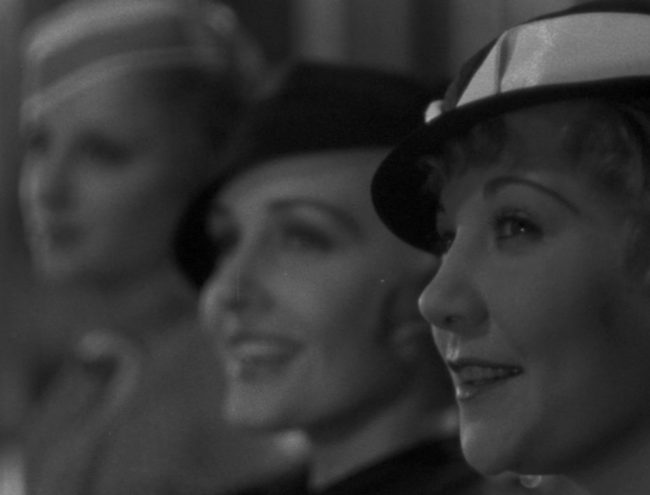
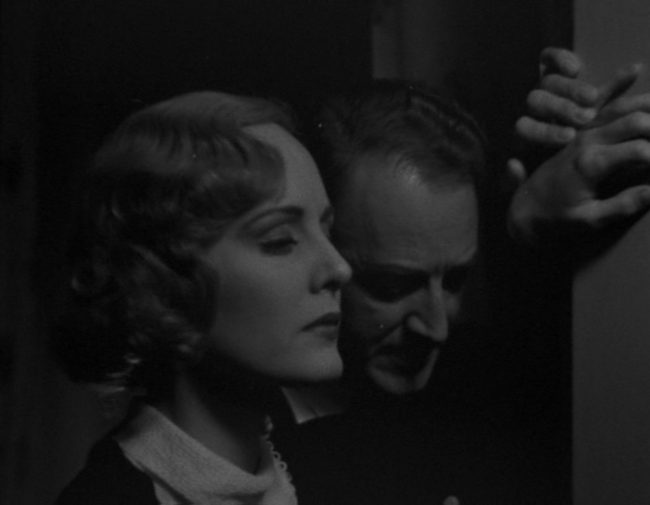
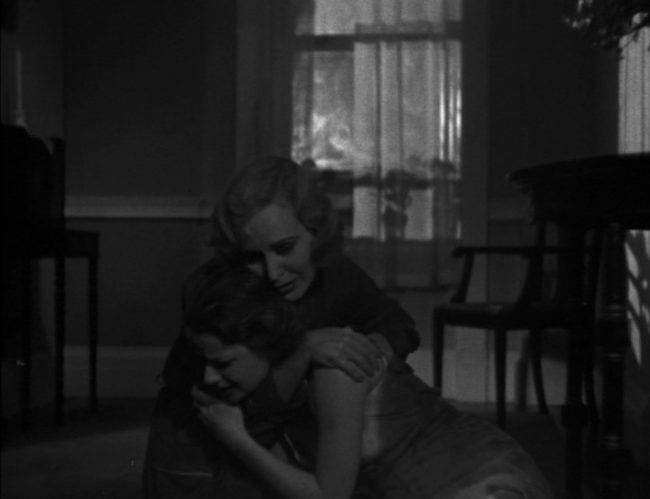
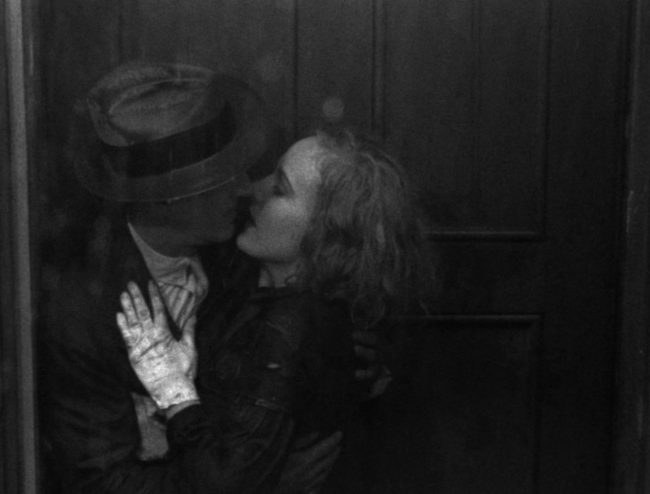
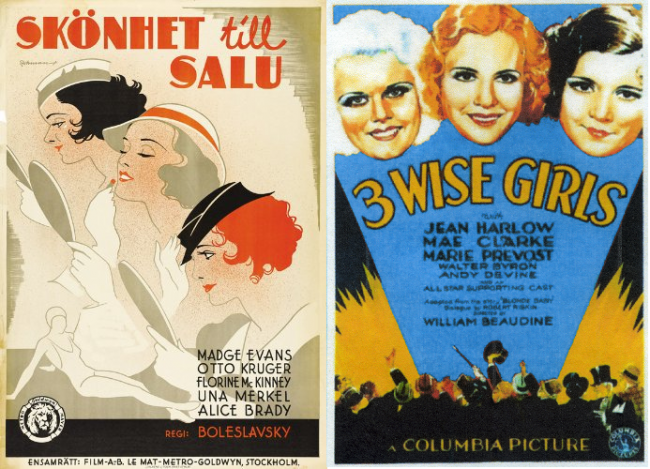
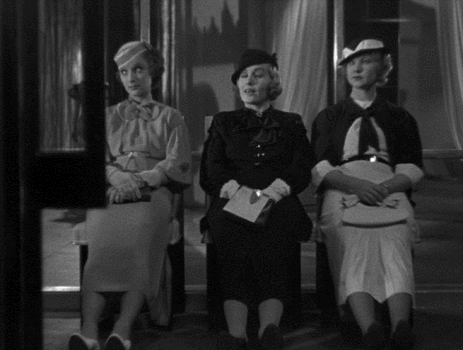


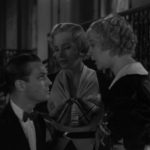
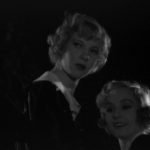
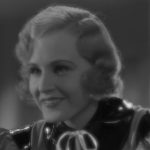
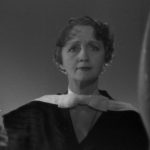
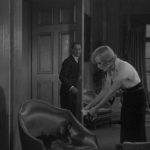
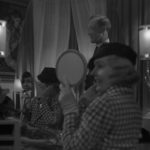
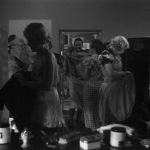
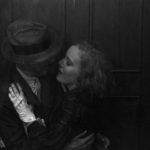
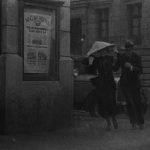
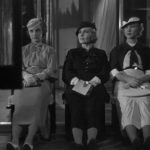
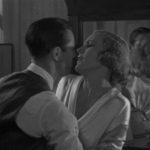
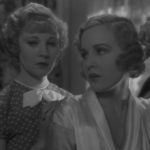
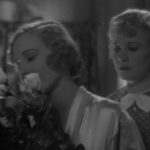
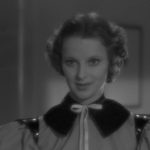

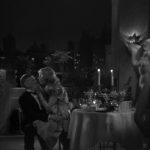



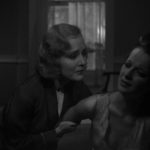
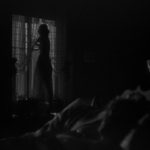



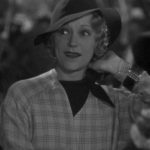
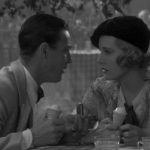
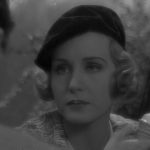
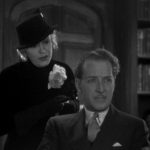

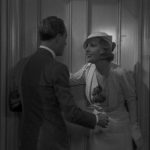



4 Comments
La Faustin · September 27, 2019 at 3:23 pm
Yay, I was hoping you’d get to this one! Another interesting review: https://mubi.com/notebook/posts/the-forgotten-how-to-marry-a-millionaire
Mjm · September 27, 2019 at 6:06 pm
Saw this on TCM a while ago and noticed two other things besides the stuff already listed.
There’s quite a few incestual undertones between Hedda Hopper and Phillips Holmes’ s characters. Holmes’ character also seemed like he could be a coded gay character.
What also startled me a little bit was an old dowager in the salon joking about a woman’s “appendectomy” and saying she has had several. Appendectomy in those days was code word for abortions.
Kim Scholes · September 27, 2019 at 7:12 pm
Love your blog!!! 💕
Mjm · September 28, 2019 at 11:37 am
Saw this on TCM and noticed two things not mentioned above:
Hedda Hopper and Phillips Holmes’s characters have underlying incestual overtones, Holmes’s character seems like a coded gay character.
One dowager in the salon jokes about a woman having several appendectomies. Appendectomies in those days was code word for abortion. I was little startled by that.
Comments are closed.